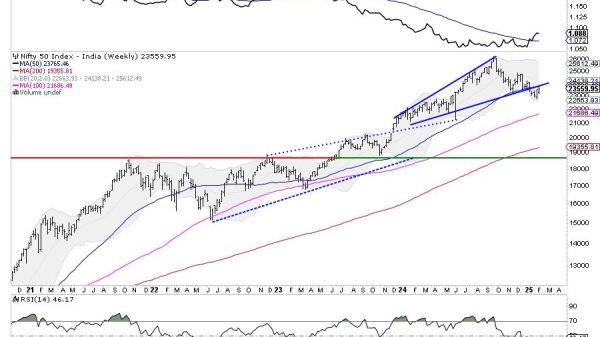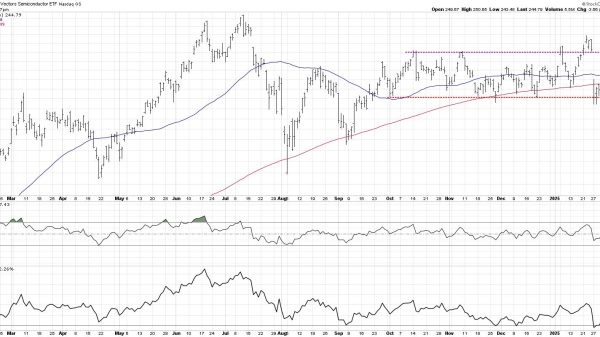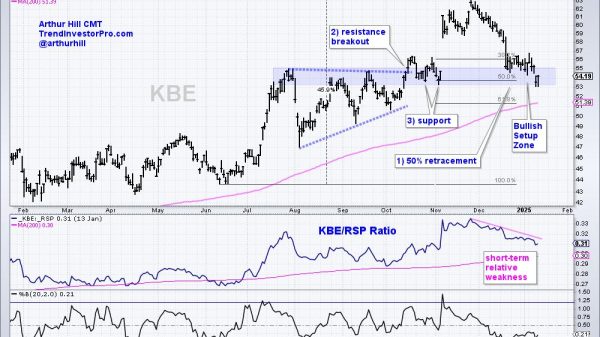
Despite growing pressure from senior business figures to bring staff back to the office full time, a new study suggests that a significant portion of the UK workforce is unwilling to give up the flexibility they’ve come to expect.
According to research from the Global Institute for Women’s Leadership at King’s College London and King’s Business School, half of UK workers would actively seek a new job if forced to return to the office five days a week.
The findings, drawn from over a million data points from the government’s labour force survey and 50,000 responses from the Survey of Working Arrangements and Attitudes UK, reveal a sharp shift in attitudes since the pandemic. Just 42 per cent of workers would accept a full-time office return, down from 54 per cent in early 2022. Over the same period, the number who said they would look for a new job in response to a mandatory return rose from 40 to 50 per cent. The share saying they would quit immediately doubled from five to 10 per cent.
The resistance is particularly strong among women and parents. The study found that 64 per cent of women would either quit or look for new employment if forced back to the office full-time, compared with 51 per cent of men. Only one in three mothers with young children said they would comply with such a mandate. Among fathers with school-age children, the share saying they would leave or look elsewhere increased from 38 per cent in early 2022 to 53 per cent by the end of 2023.
Researchers also found that black and minority ethnic workers were more likely to comply with office mandates, which they suggested may reflect a greater sense of job insecurity or fear of workplace discrimination.
The study’s lead author, Professor Heejung Chung, said that managers must adapt to a post-pandemic world in which flexible working is no longer a perk but an expectation. She argued that companies still clinging to pre-Covid work patterns risk damaging employee wellbeing and long-term productivity. “There has been a marked shift in attitudes, with workers now seeing flexibility as the norm,” she said. “Rather than forcing a return to outdated models, employers should be formalising hybrid policies, investing in digital tools and planning coordinated in-office days to make the most of face-to-face time.”
The report also highlights the role remote working plays in maintaining labour market participation among women with caring responsibilities, allowing them to remain in employment and avoid falling behind in their careers. Without flexible options, some women may be forced to leave work altogether or reduce their hours—outcomes that risk worsening gender inequality in the workplace.
While employees show strong support for remote and hybrid models, some business leaders remain sceptical. Stuart Rose, the former M&S chairman, has criticised remote work as “not proper work”, while Lord Sugar dismissed home workers as “lazy gits”. Others have taken a harder line. Elon Musk banned remote working at Tesla in 2022, and JP Morgan boss Jamie Dimon mandated a five-day office return for all managing directors in 2023, with reports suggesting he may soon extend the rule to all staff.
Meanwhile, British entrepreneur Emma Grede, co-founder of fashion brand Skims, recently stated that work-life balance is a personal issue, not something employers should be responsible for managing. She argued that individuals should take ownership of how they manage their lives outside of work.
However, Professor Chung and her co-authors contend that this perspective risks overlooking the wider benefits of hybrid work for businesses, particularly in terms of employee engagement, retention and diversity. “Well-designed hybrid working models offer significant benefits for both employers and employees,” the report concludes.
With working from home now embedded across large swathes of the UK economy, the debate is no longer whether to allow remote work—but how best to structure it for long-term success.
Read more:
Working from home is here to stay — if employees have their say, new research finds
























